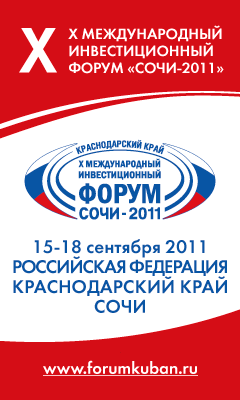On May 1, Austria will be opening its labor market to eight Eastern European members of the EU for the first time. Austria and Germany have been the last two hold outs from the EU member states to open their doors to workers from other EU states. They waited the maximum seven years from when the former Soviet bloc joined the EU.
New Labor Market
Now, they will be opening up their labor market to Poland, Hungary, Slovenia, the Czech Republic, Estonia, Lithuania, Latvia and Slovakia. Many are hoping that this move will establish the single EU labor market that was envisioned, allowing labor resources to more easily and smoothly move among the member states.
Hopes with New Workforce
As Austria faces an aging population, they are hoping that this change will create fresh sources of labor and that it will attract top experts in their fields. Other changes are being made as well to deal with the inflow of foreign workers who are expected, especially from eastern EU countries. They will be creating revising their minimum income law, their immigration laws and their provision of work permits.
Estimates at the moment assume that a total of 15,000 to 25,000 foreign workers from eastern EU countries will come to Austria as a result of these changes.
Unskilled Labor?
Economists, trying to calm fears, explain that these numbers are not threatening and that Austrians shouldn’t be fearful about losing their jobs with these changes.
Some critics have predicted that Austria will only see the less skilled labor market, since they waited so long to open up to foreign workers. While all of the other EU member states opened their labor markets long ago, and attracted many skilled laborers, Austria has waited the full seven years. Many of the highly qualified workers and young students have, therefore, already gone to Britain or other EU countries, leaving Austria and Germany with the less skilled workforce.
Time will tell if these predictions are, indeed, true.


